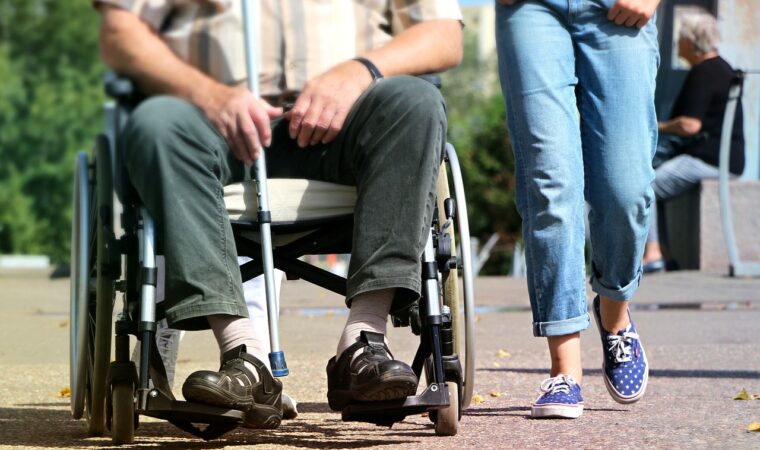People with spinal cord injuries face a unique set of challenges and needs. With many of these injuries, one’s way of life has been completely altered. Adapting can be painful and difficult and next to impossible without an informed support system.
Fortunately, multiple resources exist to connect people with new spinal cord injuries with those who have been dealing with the disability for a longer duration of time. Some offer one-on-one mentoring services, and others are support groups or discussion forums where one can ask questions about all things related to SCI and receive extensive feedback, solidarity, and advice.
Peer mentoring for people with spinal cord injuries
If you need information on almost anything related to spinal cord injury, you are almost guaranteed to find it on SPINALpedia. Knowledgeable support team members help provide one-on-one peer mentoring.
United Spinal is a nonprofit membership organization dedicated to providing support and information to people with SCI, loved ones, care providers, and professionals. They have many local chapters and offer one-on-one counseling that matches you with trained mentors who can provide advice, guidance, resources, and real-life experience to help you navigate life with our particular level of SCI.
The Shepherd Center in Georgia is considered one of the most prestigious SCI hospitals in the world. And they offer virtual participation of their SCI support group, Shepherd Peers.
- The Christopher and Dana Reeve Foundation
The Reeves Foundation offers in-person, telephone, and now virtual peer support, launched in 2021. Using the Hey Peers! virtual platform, they offer support groups for people with SCI as well as family members and caregivers. Groups are led by two facilitators: a mental health professional and someone with a spinal cord injury.
- Spinal Cord Injury Research Center
Spinal Cord Injury Research Center at Mount Sinai offers multiple mentoring programs, from regular virtual meditation classes to seated, home-based aerobic and strength training for the upper body. Their LAD (Life After Discharge) Support Group is for newly discharged patients who are looking to meet others with close to or similar injuries. Their Weekly SCI Transitions Support Group helps people with SCI get back into the community. They have a peer support group and also one just for women.
Then, there are private and public SCI peer support groups on social media platforms.
- Spinal Cord Peer Support Worldwide on Facebook boasts 16,000 members, many of whom engage. There are typically over 600 posts published within a month. Members provide advice and inspiration to one another and ask questions about all things SCI-related. You can search the group to discover discussions previously posted on a topic of your concern.
- Spinal Cord Injury USA and Spinal Cord Injury Rehabilitation & Recovery groups on Facebook also have high membership and engagement.
Transitioning to a life with a spinal cord injury isn’t easy. Gratefully, these groups are in place so one doesn’t have to bear the burden of SCI alone.
